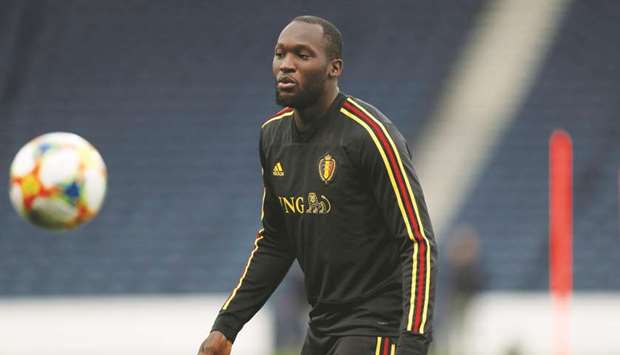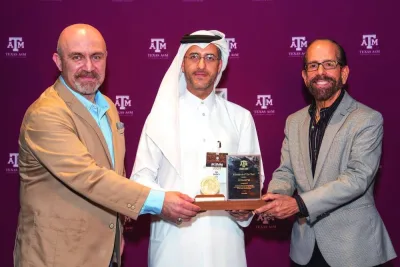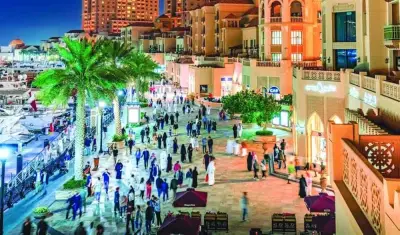Romelu Lukaku has adapted quickly to life in Serie A, scoring in his first two games for Internazionale. Sadly, he received a similarly swift introduction to some of the worst elements of Italian football culture. Targeted with monkey chants during the win at Cagliari, he was then addressed with an open letter from a group of his own club’s ultras insisting he ought not to interpret such abuse as racist.
“You have to understand that Italy is not like many other north European countries where racism is a REAL problem,” said the statement, published on Facebook by a group who occupy the second tier of the Curva Nord at Inter’s San Siro home. “In Italy we use some ‘ways’ only to ‘help our teams’ and to try to make our opponents nervous, not for racism but to mess them up.”
It is true the methods are nothing new. Moise Kean was subjected to the same chants when Juventus visited Cagliari in April, just as Blaise Matuidi had been the previous year and Sulley Muntari in 2017.
Nor are they exclusive to one club. Inter were ordered to play two games behind closed doors last season after Kalidou Koulibaly was racially abused during their win over Napoli.
Nevertheless, it was striking to see the defence of Cagliari’s supporters being led by ultras from the very club whose new signing had been targeted. Lukaku is a popular addition at Inter. The same Facebook group that aspired to teach him what constitutes racism had previously shared a picture of him stood with some of its members, wearing a Curva Nord T-shirt.
Solidarity between ultras, however, has often transcended club loyalties. Following the abuse of Koulibaly, Napoli distributed photographs of his face at their next home game. Thousands were held up before kick-off but the ultras behind each goal declined to participate – standing instead to commemorate Daniele Belardinelli, a Varese fan who had died after being run over following an attack on a minibus full of Napoli’s own supporters on their way to the Inter game.
This season, there have been tributes in various Italian stadiums to Fabrizio Piscitelli, widely known by his nickname, Diabolik. Piscitelli had been the leader of the Irriducibili, the group of Lazio ultras who long stood at the centre of the Stadio Olimpico’s Curva Nord, before being shot dead in August.
Under Piscitelli’s leadership, the Irriducibili used violence to claim superiority over rival Lazio ultras in the late 1980s and became notorious for fascist imagery and antisemitic provocations.
Even as their influence waned in recent years, the group still attracted attention by leaving stickers of Anne Frank wearing a Roma shirt on the walls of the Stadio Olimpico, and attempting to ban women from the front 10 rows of the curva.
At Inter’s opening home game of this season, against Lecce, ultras staged a giant choreography in Piscitelli’s honour, the words “Fabrizio with us” accompanied by two Lazio eagles spread across the second tier of San Siro’s curva nord. Even Antonio Conte’s first game as manager – also Lukaku’s debut – marking the death of an admired rival was given precedence over their own team. Such a response may help to explain their treatment of Lukaku. In their open letter to the player, the Inter ultras sought to portray themselves as the persecuted party. “When you declare that racism is a problem to be fought in Italy,” they wrote, “you just help the repression against all football fans, including us.”
It is a narrative that ties together with far-right politics: the suggestion that free speech is under attack from an authoritarian establishment. Ultras are quick to highlight perceived inconsistencies as well. Footage has emerged of Cagliari supporters making similar noises to those directed at Lukaku at a white centre-forward, Brescia’s Alfredo Donnarumma, as he prepared to take a penalty against them.
Context matters, in cases of discrimination, and attempts to present the two cases as analogous ought to be resisted. Yet Cagliari officials have cited these events as muddying the waters in their own attempts to identify and ban those who engage in racist abuse.
Knowing how to respond to an open letter published on a social media platform is more complicated still. When Koulibaly was abused at San Siro last season, Inter reacted by launching their own anti-racism initiative, Brothers Universally United (an acronym for the noise made by the abusers, “BUU”), but so far neither they nor Lukaku have made any comment on the ultras’ letter. The player may feel he has said all he wanted on the subject with an Instagram post following the Cagliari game, in which he called on football federations and social media platforms to do more to combat discrimination. “Ladies and gentlemen, it’s 2019,” he wrote. “Instead of going forward we’re going backwards.”
Serie A intends launching a fresh anti-racism initiative next month, to include all 20 clubs with “the aim of making all supporters more aware of this delicate and important issue”.
Awareness, though, can hardly be the problem after a week when the story spread around the world.

Inter Milan fans have claimed in an open letter to their striker Romelu Lukaku that the monkey chants directed at him by Cagliari fans were not racist. (Reuters)


